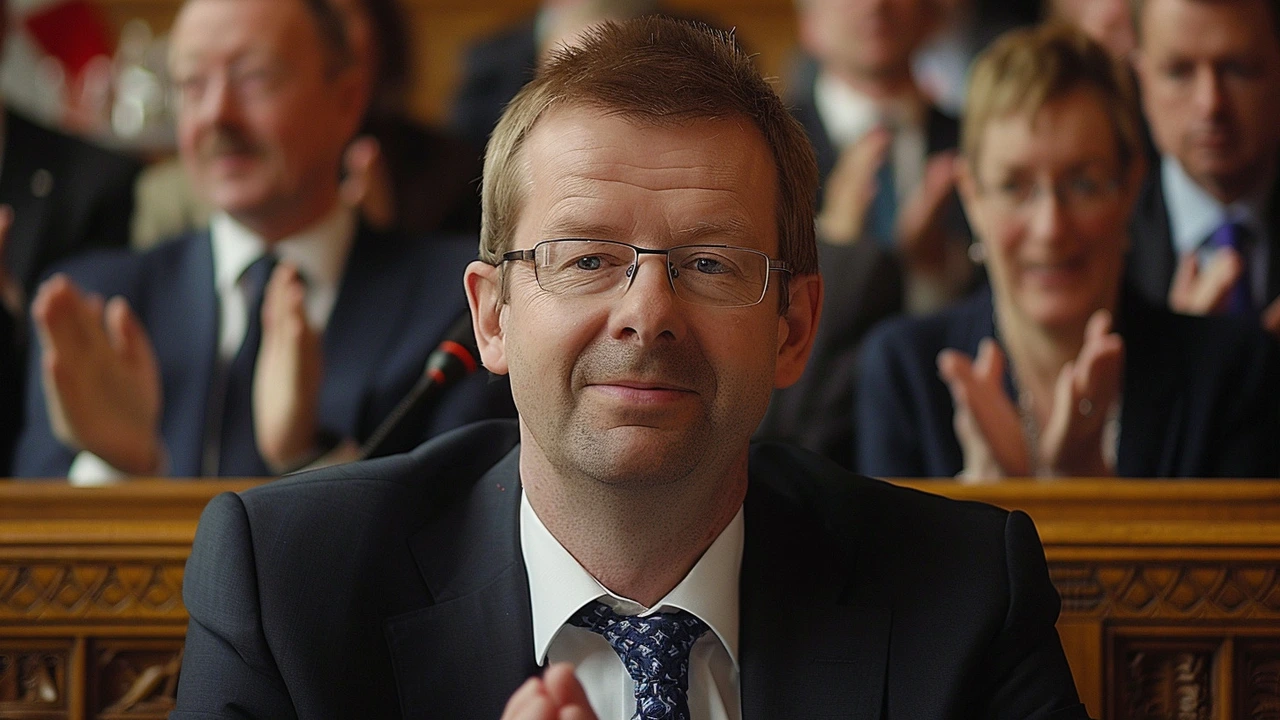What Is Quadruple Amputation and How Does It Affect Life?
Quadruple amputation happens when a person loses both arms and both legs. It’s one of the most challenging types of limb loss because it affects all limbs, which are essential for moving and doing daily tasks. This condition can result from accidents, severe infections, or medical conditions like frostbite or cancer.
Losing all four limbs changes life drastically. Simple tasks like eating, dressing, or using a phone need new ways to do them. But even though it’s tough, many people find strength and new independence through rehabilitation and adaptive tools.
How People Adapt After Quadruple Amputation
Recovering from quadruple amputation involves more than healing the body. Physical therapy helps improve strength and mobility with prosthetic limbs or wheelchairs. Prosthetics have come a long way; some are designed to move with the mind's signal or have sensors that mimic natural limb actions.
Beyond equipment, emotional support and counseling are crucial for coping with life changes. Communities and support groups offer shared experiences and advice which make a big difference. Learning new ways to communicate and perform everyday activities takes time but is absolutely possible with patience.
Medical and Technological Support That Makes a Difference
Doctors and therapists tailor care plans to each person’s needs. Advances in prosthetic tech mean a better fit, more comfort, and more function. For example, some prosthetics allow users to grip objects or even type on a keyboard efficiently.
Accessibility also plays a big role. Home modifications and assistive devices like voice-activated tech help people stay connected and independent. These tools reduce reliance on others and improve quality of life considerably.
While quadruple amputation is life-changing, it doesn't mean the end of living fully. With the right approaches and support, many people go on to lead active, meaningful lives filled with achievements they hadn’t imagined possible before.
MP Craig Mackinlay Triumphantly Returns to Commons After Sepsis-Induced Quadruple Amputation
MP Craig Mackinlay received a standing ovation upon his return to the Commons following a sepsis-induced quadruple amputation. His return was marked by tributes and an impassioned plea for increased sepsis awareness. Mackinlay honored NHS staff for their support and advocated for better access to prosthetics for amputees.
More
